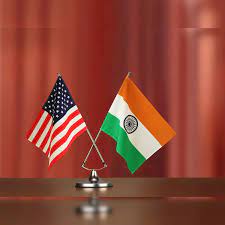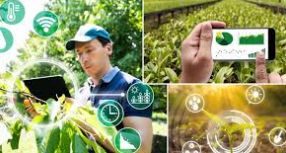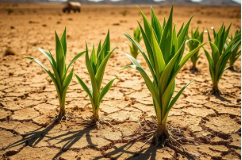
In a potential shift in its food import regulations, the Indian government is considering allowing U.S. food exporters to self-certify that their products are free from genetically modified (GM) ingredients. The move is seen as an effort to ease trade tensions and simplify the compliance process for agricultural imports from the United States.
Currently, India requires all imported food consignments especially those such as apples, soybeans, maize, and other key crops to be accompanied by official certificates declaring them GM-free. This requirement has been a long-standing concern among several trade partners, including the U.S., who argue that it creates unnecessary trade barriers.
A More Flexible Approach
According to government sources, the proposed change would allow American exporters to directly declare that their products do not contain GM material, rather than seeking third-party or government attestation. These self-declarations would still need to be registered with India’s food safety authority, the Food Safety and Standards Authority of India (FSSAI).
This potential relaxation of rules is being discussed as part of wider efforts to streamline import procedures, reduce red tape, and address concerns raised at various international trade forums.
International Pressure
The issue of India’s strict GM certification rules has been raised multiple times at the World Trade Organization (WTO), where countries like the United States, Canada, Australia, and Brazil have questioned the scientific basis for such stringent regulations. They argue that India’s policies are inconsistent with global standards and could hinder the smooth flow of food trade.
While India maintains that the certification is essential to protect consumer health and maintain transparency, the move toward allowing self-certification appears to reflect a more pragmatic stance especially in the context of growing trade partnerships.
Safeguards Still in Place
Officials have clarified that while the system may become more flexible, safeguards will remain. Exporters found to have provided false declarations may face trade penalties, and regular inspections or audits may still be conducted on selected shipments.
Moreover, only those food items and exporting entities that are pre-approved by FSSAI will be eligible for this self-certification route.
Strategic Balancing Act
The possible policy change comes as India attempts to strike a balance between ensuring food safety for its consumers and facilitating smoother trade relations with key global partners. It also aligns with India’s broader objective of simplifying regulatory procedures without compromising on quality or safety standards.
If implemented, the revised approach could benefit both countries providing easier market access to U.S. exporters and ensuring a more consistent supply of agricultural commodities for Indian consumers and industries.
The final decision on the proposal is expected to be announced following consultations between the Ministry of Commerce, the Ministry of Health, and FSSAI.














